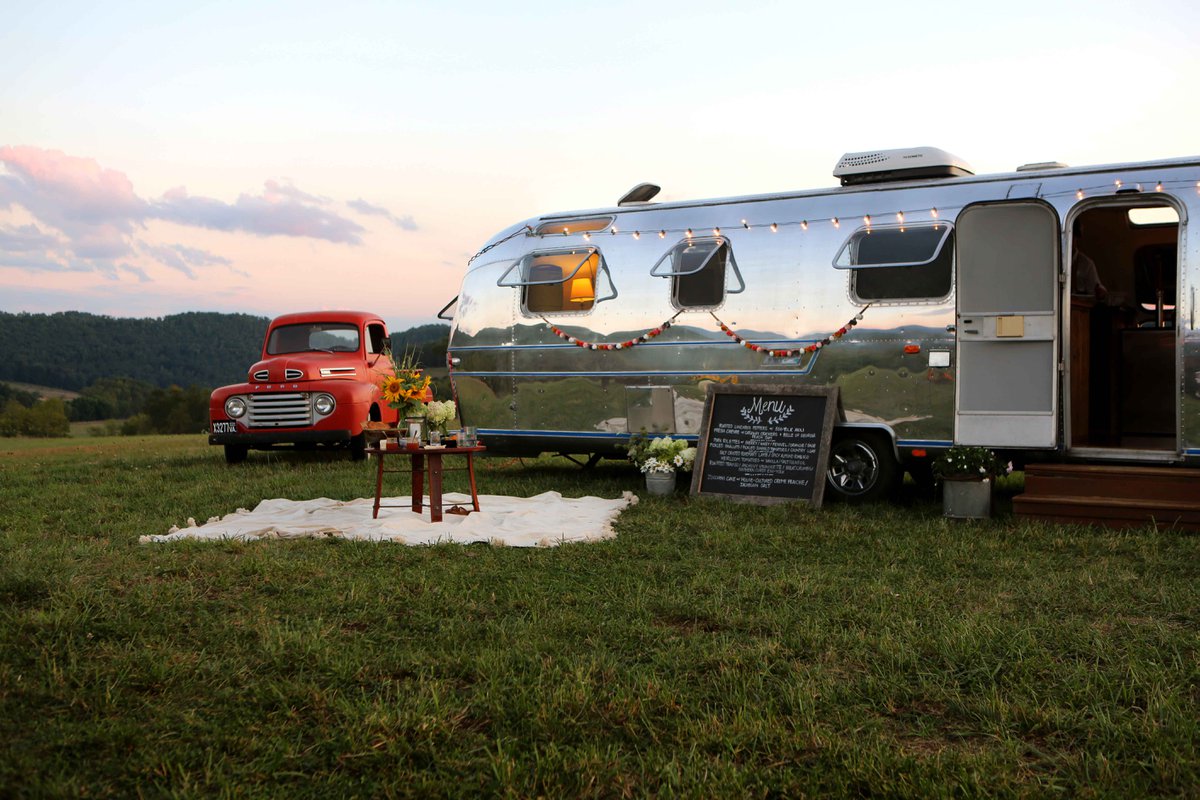Barbara Holland is a feisty author with a soft heart for drinking, cursing and renegade women. Just don't ask her about living in Bluemont or her next book project.

Tyler Darden
No Frills Attached - Feature
When you hear of little old ladies living in little old cabins and writing books, you think of cozy memoirs and Chicken Soup-style inspirational essays. Barbara Holland has opted instead to write about offbeat topics—everything from a history of dueling to renegade women (They Went Whistling: Women Wayfarers, Warriors, Runaways, and Renegades), from quirky presidents (Hail to the Chiefs: Presidential Mischief, Morals, and Malarkey from George W. to George W) to a treatise defending such lost pleasures as cursing and bacon. Her most recent book, The Joy of Drinking, is about the social history of alcohol. It was nominated for a Gourmand World Cookbook Award.
Before becoming a writer, Holland worked at an advertising agency in Philadelphia. She moved to Virginia when her mother passed away 20 years ago and left her a small cabin in the Blue Ridge mountains. The divorced grandmother of two has had a colorful literary career since then, writing articles for Playboy as well as AARP and publishing 15 books. In 2000, her only play, about a young King James I, won the Playwrights First competition sponsored by The National Arts Club in New York.
A demure woman she’s not. This is made clear when, halfway through the interview at the Tuscarora Mill restaurant in Leesburg, the diminutive Holland steals the bread on the table, complaining of the scanty portions the restaurant provides and the crumbs that are always in her purse. Bloody Mary in one hand and steak sandwich in the other, she talks freely about her books, living in Bluemont in a cabin without air-conditioning, and her fondness for dueling. But whatever you do, don’t ask her what she’s working on now. A waiter at the Tuscarora made that mistake, and, after he’d retreated without receiving an answer, Holland allowed that she was ready to dole out a “punch in the nose” to the next inquisitor. Still, she spoke with Mac Carey. Excerpts:
What made you write The Joy of Drinking?
I must have been thirsty, I don’t remember. I like writing about our silly obsession with health. You know Julia Child never bought anything with the word “health” on it. There’s this silly idea that we should drink so much water every day for our health. I even have a sister who carries around a damn bottle of water everywhere. I should think you have to pee all the time.
For years, water was the nastiest thing you could drink—full of dirt and nastiness. But beer, once it’s been through the distilling process, has killed all of that stuff, so it is much safer. Even in Europe they give children things we would never dream of drinking here. Not to mention that the best water I ever had was from the tap, especially up here in the mountains.
What draws you to write about history?
I like history, I suppose, because it’s a long, long story … there’s more to it, more interesting people. But I’m much more interested in the unimportant stuff. I go about researching by searching used bookstores. My whole basement is full of books I picked up online. I don’t use the Internet at all for research. It’s so superficial. I was always interested in southern history, even before my move to Virginia. Everyone is more interested in southern history; it’s more interesting than northern history. I like the writing better than the researching.
I don’t like politics at all, though. Once you get elected, [party affiliation] doesn’t much seem to matter … . I mean, you could never call Roosevelt a conservative or mistake Hoover for a liberal, but for most [politicians] the label doesn’t seem to matter. I think for about five or six of the presidents [in my book Hail to the Chiefs], I forgot to identify which party they belonged to.
You wrote a book about dueling and said, “There was much to like about it.” Can you explain?
Well, dueling was less expensive than suing people. It took the place of road rage. There was a lot to be said for it. Almost none of them had to do with a woman’s heart. In France, it was about one’s honor, not being called a liar. In America, it was about politics; in England, perceived insults. In Italy, it was a combination of all of those.
[And] let’s face it—it was a real fun thing. In Ireland, it very often ended in death; in France, hardly ever. In America, [dueling] went west and became the shootout, which is quite different from the original and broke the rules for a proper duel, which were written down and recorded in Italy. They were still shooting at each other in France into the early 20th century. But then the lawyers took over, and libel laws. I think it would make modern politics much more exciting. It would be interesting to see if Hillary shoots better than Obama. And everyone shoots better than Cheney.
You also wrote a book about women throughout history, subtitled Women Wayfarers, Warriors, Runaways, and Renegades. Who are a couple of your favorites and why?
Daisy Bates was one. She lived in Australia for 60 years taking care of Aboriginal culture. I found a book online, which was the only copy of this book on Daisy Bates left in existence, apparently. [It] was in some small shop in Australia, and luckily I was the only one interested in it. I also liked Queen Boudica [the warrior Queen of the Iceni people in what is now eastern England, who challenged the Roman empire around 60 A.D.]. And, of course, Cleopatra. She was the best and most effective ruler of any country. She belongs right there with Elizabeth I.
Unfortunately, we’ve inherited this idea of Cleopatra as the seductive—[playwright G.B.] Shaw treats her like a 10-year-old—and yet her rule was the only time where there was any peace in Egypt. I think a reason for her representation is that we’ve never been exposed much to Elizabeth I’s love life, although I’m sure it was fascinating. Whereas Cleopatra’s love life is all we know.
Now we have this stupid image of her with the asp at her breast. She had plenty of stuff she could have taken. She had seen the end coming and had sent for special poisons. She definitely didn’t need to use a snake. Those who win write the history, so Octavius got to make the history. He brought the snake story back with him to Rome, where snakes were seen as disgusting, which they weren’t in Egypt. Also, we have all of these accounts of her body being beautiful and serene, which it could be after taking poison but definitely not after a snakebite.
Do you consider yourself a renegade woman?
I don’t know. I raised three children. I had a full-time job at an advertising agency. I was very much a product of the times. No one seems to think that any woman had a job before 1960, but I certainly did. So did all of my friends.
People seem to forget that back then, women had help that came into the house, before all this nonsense about child care at the office. I dressed them in the morning and then Ruth came and I left.
I left advertising when I moved down here. I was freelancing and the big slicks had been giving me raises, which means that when the belt tightened I was the first one dropped. I tried to get an ad job in D.C. The guy, who looked about 25, looked at me and said, “Geez, talking to you on the telephone, I thought you were a lot younger.” And that was that.
What do you like best about living in Bluemont?
You’re asking me that at the end of February. I don’t like anything about it! What Al Gore didn’t tell us is that instead of nice fluffy white snow that your neighbors can shovel out of your drive for you, we’ll get this nasty slushy, ice stuff that creates a ton of mud that is impossible to drive in. There were a lot of things I liked about living here 10 years ago that I don’t like about it now.
My mother died and left me the house. It’s a long drive from Philly. I didn’t want to sell it. My mother built it with her bare hands. The cabin is all original, but it was only built in 1958. The deck is now falling down, hanging on by a thread. Occasionally I see very brave squirrels trying to make their way across it. Half the trees are horizontal. Every winter I think there can’t be any left to fall down, but then they do. [It’s] depressing to look out the window, that’s what it is. And I get claustrophobia—here I am in this three-room house. The biggest change from Philly is that I’m not able to walk anywhere. I can’t even walk to my mailbox.
My television gets three channels, if I’m lucky. I get 5, 26 and, sometimes, 22. I finally got a cell phone that works but I don’t know what to do with it—call people and tell them how bored I am up on this mountain? I’m one of the 4 percent in Virginia who don’t have air conditioning. I sit there with a washcloth on the back of my neck, practically naked in front of a fan. And if you get hot you go in the shower again. People whine about air conditioning now, not realizing all the years people went without it.
Everyone asks, “What do you do here?” I don’t do anything!
How much has Bluemont changed since you got here?
Not a bit. A field grew into a jungle. There won’t be much development unless we get cable television and dial-up, and our power lines buried. The power goes out all the time, and stays out for several days because there are so few of us that the power company always comes out here last. Last time power went out, I thought I heard Virginia Power outside, then realized I was listening to all my neighbors’ generators.
It’s pretty quiet out here. Cheney came in by chopper [once] when he lived out here, instead of driving in. There were four or five [other] choppers providing security for the one he was in. All of this so no one would know he was coming [laughs].
What’s your next project?
I haven’t done a thing in a year. I’m not working on anything now, but people keep asking me. Maybe my freedom is too much fun. I thought of writing something on the disposal of spouses. Before divorce, it happened a lot. Men were stronger and more powerful and had all the rights in court and things like that—but women had control of the kitchen garden [for making poisons]. But I did so much research and just had too many notes. Maybe I’ll take it out, just to give me something to do.
(Originally published in the August 2008 issue.)







